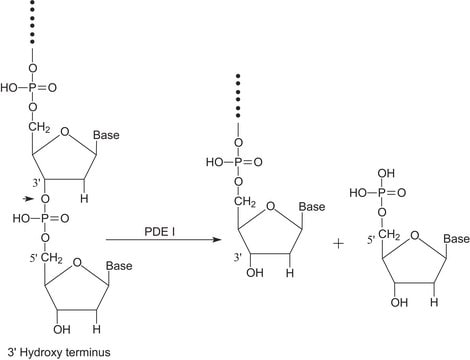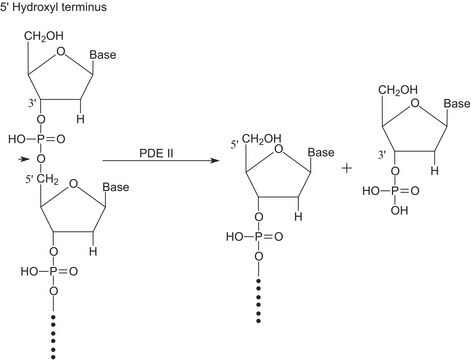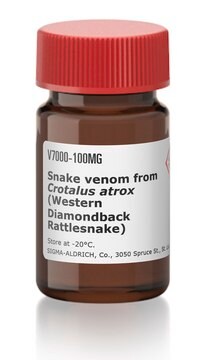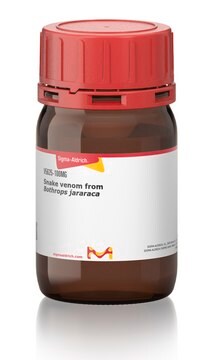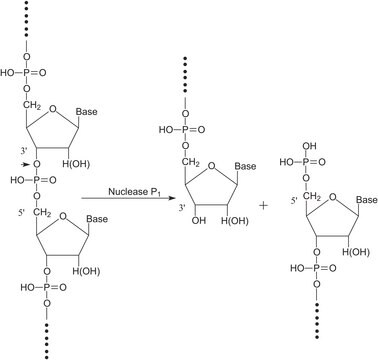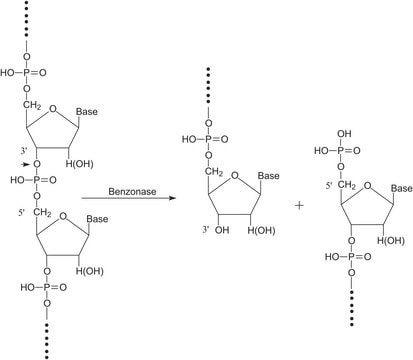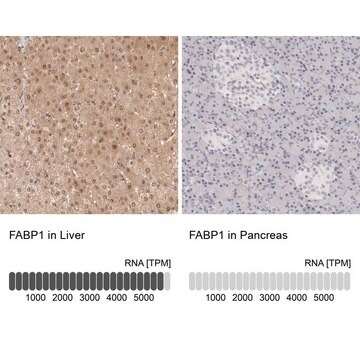P4506
Phosphodiesterase I from Crotalus atrox (Western Diamondback Rattlesnake)
Type IV, crude dried venom
Synonyme(s) :
5′-Exonuclease, Oligonucleate 5′-nucleotidohydrolase
Se connecterpour consulter vos tarifs contractuels et ceux de votre entreprise/organisme
About This Item
Numéro CE :
Numéro MDL:
Code UNSPSC :
12352204
Nomenclature NACRES :
NA.54
Produits recommandés
Vous recherchez des produits similaires ? Visite Guide de comparaison des produits
Description générale
Research area: Cell signalingPhosphodiesteraseI (PDEI) exists in three isoforms PDE1A,PDE1B, and PDE1C(2) that are locatedin cardiovascular, central nervous system, and other organs.
Application
Phosphodiesterase I from Crotalus atrox (Western Diamondback Rattlesnake) has been used to analyse its effect on intracellular calcium concentration of neutrophils. It has also been used in combination with other enzymes to determine the activity of phosphatase enzyme.
Phosphodiesterase I, product P4506 from western diamondback rattlesnake, is used in phosphodiesterase activation assays for calmodulin. It is added to hydrolyze AMP.
Actions biochimiques/physiologiques
Phosphodiesterase I breaks phosphodiester bonds and catalyzes the hydrolysis of various nucleotide polyphosphates. Phosphodiesterase I is released from eucaryotic plasma membranes by phosphatidylinositol-specific phospholipase C. Phosphodiesterase I (PDEI) can hydrolyze 3′,5′-cyclicadenosine monophosphate (cAMP) and 3′,5′-cyclic guanosine monophosphate (cGMP).It forms a complex with Ca2+/calmodulin (CaM) that leads to the activationof its catalytic activity.PDEIshows biotherapeutic effects for the treatment of cancer, diseases, neurocognitive,pulmonary, metabolic, heart, renal, neurological disorders, and endocrineabnormalities.
Inhibiteur
Réf. du produit
Description
Tarif
Substrat
Réf. du produit
Description
Tarif
Code de la classe de stockage
11 - Combustible Solids
Classe de danger pour l'eau (WGK)
WGK 3
Point d'éclair (°F)
Not applicable
Point d'éclair (°C)
Not applicable
Faites votre choix parmi les versions les plus récentes :
Déjà en possession de ce produit ?
Retrouvez la documentation relative aux produits que vous avez récemment achetés dans la Bibliothèque de documents.
Les clients ont également consulté
T Nakabayashi et al.
Journal of biochemistry, 99(3), 703-712 (1986-03-01)
From various rat organs, alkaline phosphodiesterase I was liberated by the action of phosphatidylinositol-specific phospholipase C obtained from Bacillus thuringiensis. Especially, a large amount of alkaline phosphodiesterase I was released from slices of small intestine, testis, lung, and kidney, but
C J Brokaw et al.
The Journal of cell biology, 100(6), 1875-1883 (1985-06-01)
Sea urchin spermatozoa demembranated with Triton X-100 in the presence of EGTA, termed potentially asymmetric, generate asymmetric bending waves in reactivation solutions containing EGTA. After they are converted to the potentially symmetric condition by extraction with Triton and millimolar Ca++
Phosphodiesterase I, a novel adhesion molecule and/or cytokine involved in oligodendrocyte function.
B Fuss et al.
The Journal of neuroscience : the official journal of the Society for Neuroscience, 17(23), 9095-9103 (1997-12-31)
One of the more complex developmental processes occurring postnatally in the CNS is the formation of the myelin sheath by oligodendrocytes. To examine the molecular events that take place during myelination, we isolated oligodendrocyte-derived cDNA clones, one of which (p421.HB)
Assessment of bioavailable organic phosphorus in tropical forest soils by organic acid extraction and phosphatase hydrolysis
Darch T, et al.
Geoderma, 284, 93-102 (2016)
Identification of Lys49-PLA2 from crude venom of Crotalus atrox as a human neutrophil-calcium modulating protein
Sultan MD, et al.
The Korean Journal of Physiology & Pharmacology : Official Journal of the Korean Physiological Society and the Korean Society of Pharmacology, 20(2), 177-183 (2016)
Notre équipe de scientifiques dispose d'une expérience dans tous les secteurs de la recherche, notamment en sciences de la vie, science des matériaux, synthèse chimique, chromatographie, analyse et dans de nombreux autres domaines..
Contacter notre Service technique